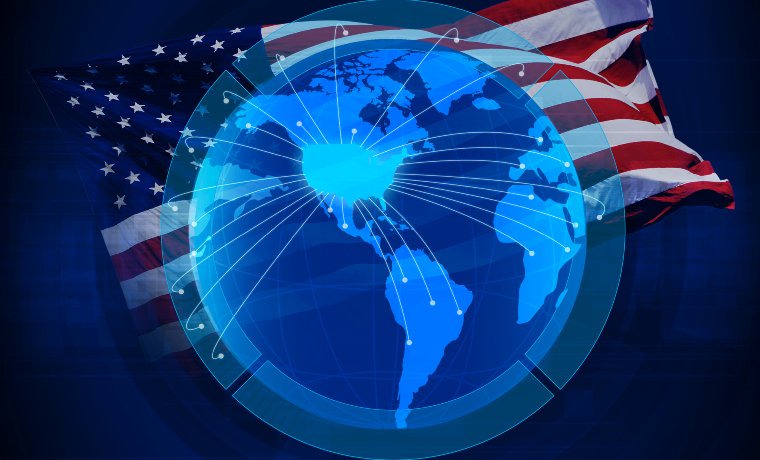How Governments Uphold Human Rights
Governments play a crucial role in upholding human rights, ensuring that individuals enjoy fundamental freedoms and protections. Their actions, policies, and legal frameworks are instrumental in promoting and safeguarding human rights. This article explores how Governments uphold human rights, examining the mechanisms and practices involved in maintaining these essential standards.
Establishing Legal Frameworks
One of the primary ways Governments uphold human rights is by establishing comprehensive legal frameworks. These frameworks include constitutions, statutes, and regulations designed to protect individual freedoms and prevent abuses.
For instance, many countries have incorporated human rights provisions into their national constitutions, enshrining rights such as freedom of speech, equality before the law, and protection from torture. Additionally, Governments may enact specific laws to address issues such as discrimination, labor rights, and privacy. By creating and enforcing these legal standards, Governments lay the groundwork for upholding human rights and ensuring justice for their citizens.
Implementing International Agreements
Governments also uphold human rights by implementing international agreements and treaties. Countries are often signatories to various international human rights conventions, such as the Universal Declaration of Human Rights or the International Covenant on Civil and Political Rights.
By ratifying these agreements, Governments commit to adhering to international human rights standards and integrating them into their national laws and practices. This process involves aligning domestic legislation with international obligations, monitoring compliance, and reporting progress to international bodies. Implementing international agreements helps ensure that Governments uphold human rights consistently and by global standards.

Promoting Accountability and Transparency
Promoting accountability and transparency is essential for Governments to effectively uphold human rights. This involves establishing mechanisms to monitor, investigate, and address human rights violations.
Governments often create independent human rights commissions, ombudsman offices, or special tribunals to handle complaints and conduct investigations. These bodies play a vital role in holding perpetrators accountable, providing remedies for victims, and ensuring that human rights abuses are addressed. Furthermore, transparent reporting and public access to information about human rights practices help build trust and encourage adherence to human rights norms.
Supporting Civil Society and Activism
Supporting civil society organizations and human rights activists is another important way Governments uphold human rights. Civil society organizations often work on the ground to advocate for rights, provide support to victims, and raise awareness about human rights issues.
Governments can support these efforts by providing funding, creating supportive environments for advocacy, and collaborating with organizations on human rights projects. By fostering a vibrant civil society, Governments enhance their capacity to address human rights issues and engage with diverse perspectives and expertise.
Educating the Public and Promoting Awareness
Education and awareness are crucial for Governments to effectively uphold human rights. Public education initiatives help individuals understand their rights, recognize violations, and engage in advocacy.
Governments may implement educational programs in schools, public campaigns, and training for officials to promote human rights awareness. By informing the public about human rights principles and mechanisms for redress, Governments empower individuals to assert their rights and participate in safeguarding them. Awareness campaigns also contribute to creating a culture of respect and accountability.
Ensuring Effective Law Enforcement
Ensuring effective law enforcement is critical for Governments to uphold human rights. Law enforcement agencies are responsible for implementing laws, protecting individuals, and preventing abuses.
Governments must ensure that law enforcement practices align with human rights standards and that officers receive appropriate training on respecting rights and freedoms. This includes addressing issues such as excessive force, arbitrary detention, and discrimination. By upholding rigorous standards for law enforcement, Governments contribute to maintaining a just and equitable society.
Engaging in International Cooperation
Engaging in international cooperation is another way Governments uphold human rights. Global collaboration allows countries to share best practices, support each other’s human rights efforts, and address transnational issues.
Governments often participate in international forums, contribute to global human rights initiatives, and engage in diplomatic efforts to address human rights concerns. Through cooperation with other nations and international organizations, Authorities enhance their ability to uphold human rights and contribute to global progress.
Conclusion
In conclusion, Governments uphold human rights through establishing legal frameworks, implementing international agreements, promoting accountability and transparency, supporting civil society, educating the public, ensuring effective law enforcement, and engaging in international cooperation. Each of these approaches is vital for maintaining and advancing human rights standards. By committing to these practices, Governments can better protect the rights and dignity of their citizens and contribute to a more just and equitable world.



